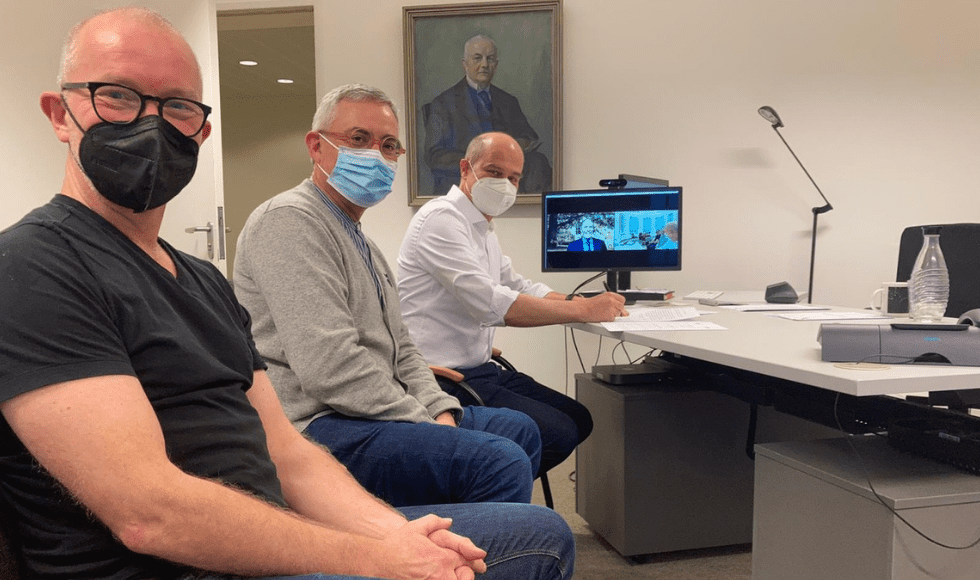Hamilton’s McMaster University better prepared for next pandemic with new global partnership
Published February 23, 2022 at 4:40 pm

Hamilton McMaster University is teaming up with the Bernhard Nocht Institute for Tropical Medicine (BNITM) to further advance research and identify strategies to tackle global health threats.
Both sides will look to build on their collective capacity to address future pandemics and biological threats.
Karen Mossman is a leading virologist and McMaster’s vice-president of research. She says the next major threat to human health could originate anywhere in the world.
“We have to prepare for and expect pandemic challenges to arise anytime and anywhere,” she said. “It’s never been more important to share knowledge, infrastructure and expertise to help prepare and fight these threats – whether that’s here in Canada or in other parts of the world.”
Located in Hamburg, Germany, the BNITM has, for more than 100 years, led the fight against some of the world’s toughest and most resilient infectious diseases, such as malaria and Ebola. It also has a joint research institute at the University of Kumasi in Ghana, West Africa, where they have been operating a modern research and training centre for over 20 years.

(From left to right) Tim Gilberger, professor at BNITM, Soren Harbel, McMaster’s strategic advisor on international research collaborations, Jürgen May, Chairman of BNITM’s Board and David Farrar, McMaster’s president, sign a partnership agreement.
“With McMaster’s depth of knowledge in virology and antimicrobial resistance we will add new expertise and a strong research partner to our team of collaborators,” said Jürgen May, board chairman with the BNITM. “How we prepare for and anticipate the next pandemic will determine how quickly we can respond and, potentially, how severely a pandemic will hit all of us.”
“McMaster has deep strengths which are very complementary to what we do at the Bernhard Nocht Institute and together we will be able to move the needle faster.”
Infectious disease expert Gerry Wright, who heads up Canada’s Global Nexus for Pandemics and Global Threats headquartered at McMaster University, says the new partnership will broaden Nexus’ research scope.
“The collaboration with BNITM gives Canada’s Global Nexus a new lens on parts of the world where we currently have limited access,” he said. “This will significantly expand our capacity to anticipate and tackle global health threats.”
The partnership will lead to a number of research exchanges and programs designed to develop new and sustainable solutions to address global health threats caused by the excessive use of antibiotics. They will also help reduce the risk of travel-related infectious diseases.
insauga's Editorial Standards and Policies advertising





